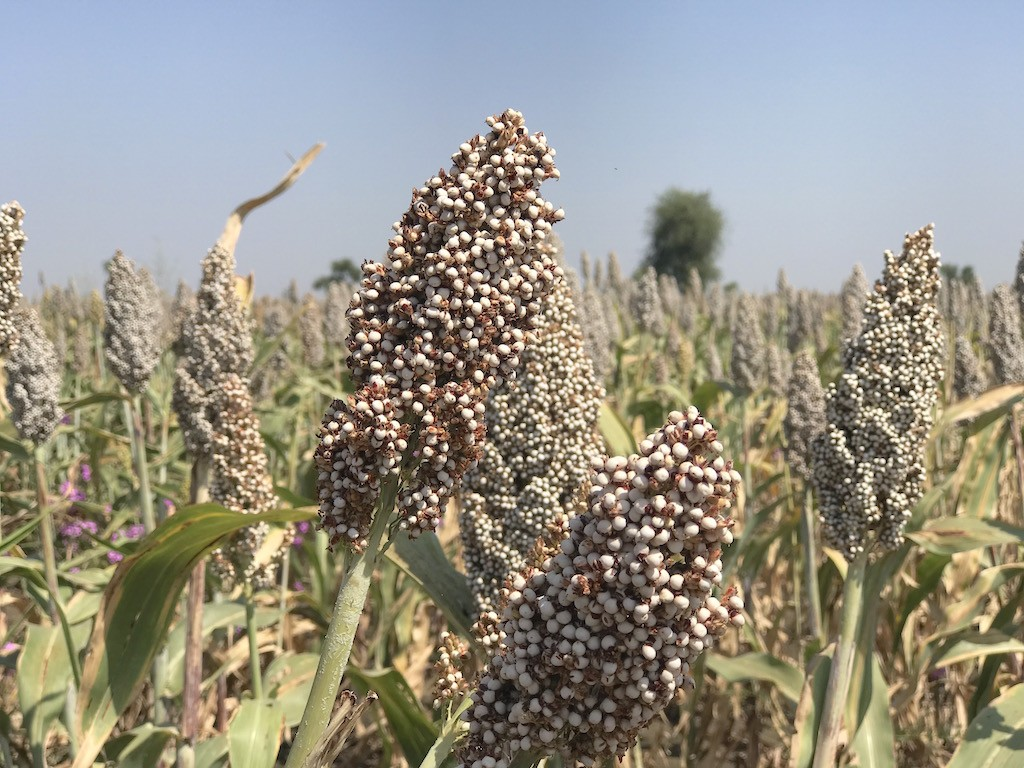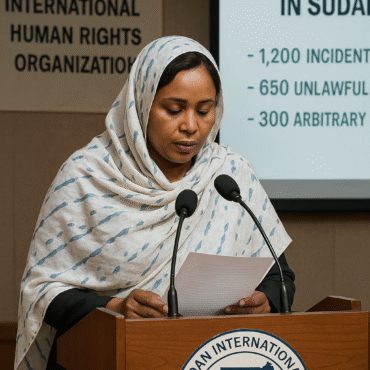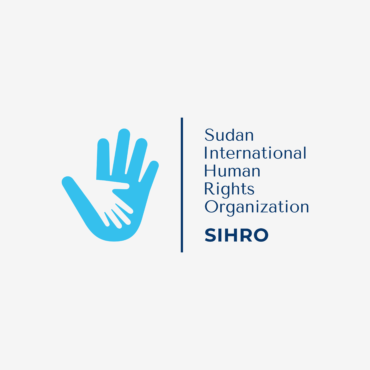Unfair Crop Pricing in Sudan: A Crisis for Farmers and Human Rights
Introduction
In a shocking and profoundly concerning turn of events, Sudanese farmers have strongly objected to the newly established pricing system for their crops. This move significantly impacts their livelihoods and raises critical economic justice, sustainability, and human rights issues. As a leading human rights organization, Sudan International Human Rights Organization (SIHRO) seeks to analyze these developments from an agri-business and human rights perspective, emphasizing the grave repercussions on the well-being and economic security of the farming community in Sudan.
Background
Recently, the Sudanese authorities have swiftly implemented a revised crop pricing mechanism to stabilize the market and ensure fair returns for agricultural produce. However, this new pricing structure has been met with a wave of dissent from farmers, who argue that the prices are unreasonably low and fail to reflect the actual production costs and labor value. This disagreement underscores a more significant crisis in the agricultural sector, characterized by economic instability, inadequate support, and a systemic neglect of farmers’ rights. The pressing nature of this situation cannot be emphasized enough.
Economic Impact on Farmers
Contrary to its purported aim of stabilizing the market, the new pricing system has only exacerbated the financial strain on farmers. The prices are significantly lower than farmers had anticipated, rendering their agricultural activities unfeasible. This drastic plunge in crop prices threatens their economic sustainability, pushing many to the brink of financial collapse.
From an agri-business perspective, this pricing strategy fails to account for the input costs incurred by farmers, including seeds, fertilizers, and labor. It also overlooks the broader market dynamics and the need for a fair profit margin that ensures farmers can sustain their livelihoods and invest in future crop cycles. The economic disenfranchisement of farmers could lead to reduced agricultural productivity, increased poverty, and heightened food insecurity in the region.
Human Rights Concerns
The adverse economic impact of the new pricing mechanism brings serious human rights concerns to the forefront. Farmers’ rights to fair remuneration, decent work, and an adequate standard of living are under threat. By imposing prices that do not reflect the actual value of their crops, the authorities effectively deny farmers their right to a fair income, essential for securing basic needs such as food, education, and healthcare for their families.
Furthermore, the lack of transparent and inclusive dialogue in setting these prices violates participatory governance and accountability principles. Farmers, as primary stakeholders, have been excluded from the decision-making process, undermining their agency and ability to advocate for their rights. This exclusion erodes trust in public institutions and perpetuates a cycle of economic and social marginalization.




Add Comment